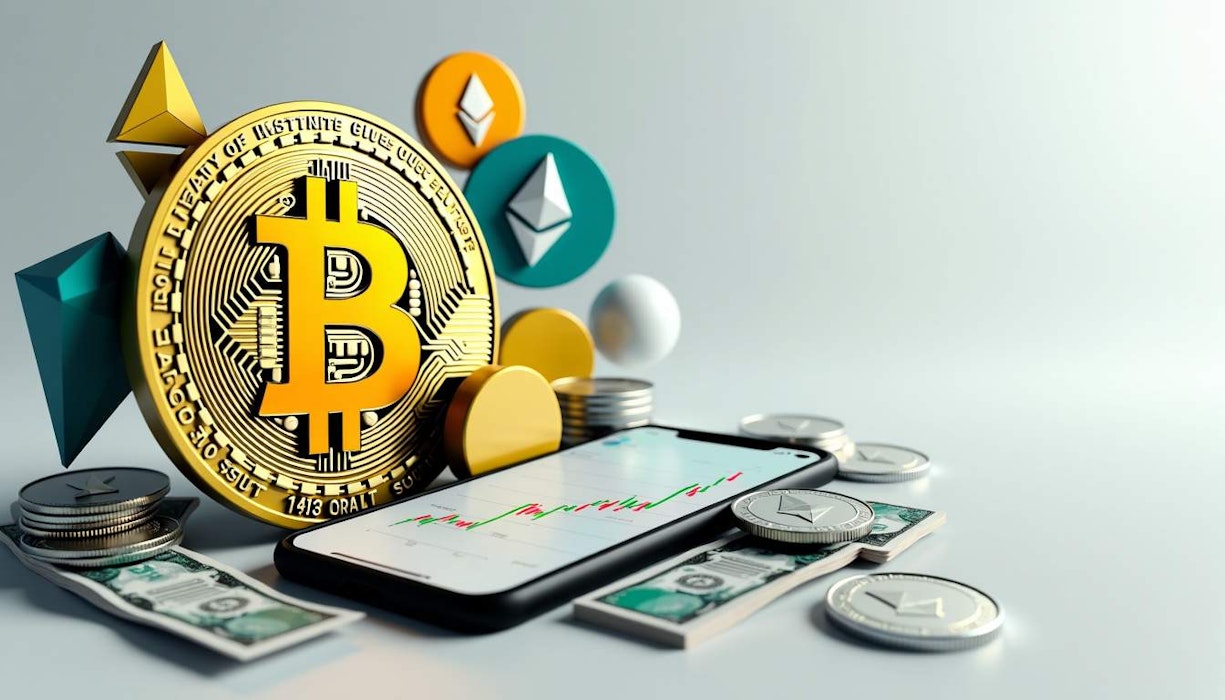I’ve been thinking about Bitcoin lately, especially with all the craziness happening in the world. The recent conflict between Israel and Iran has really put things into perspective. As tensions rise, I noticed Bitcoin took a hit – around $4,000 to be exact. Meanwhile, gold and crude oil prices shot up. Makes you wonder if Bitcoin is the safe haven we thought it was.
The Volatile Nature of Bitcoin
Bitcoin’s volatility during geopolitical events is hard to ignore. Remember when the trade war between the US and China escalated? Or how about the Russia-Ukraine conflict? Each time, Bitcoin’s price swung like a pendulum. It seems that whenever there’s a crisis, people rush to sell their riskier assets – and right now, that includes cryptocurrencies.
Gold, on the other hand, has remained stable. It’s like an old friend that you can always count on during tough times. When things get rough, gold tends to see an uptick in demand as people flock to it for security. Studies even show that gold absorbs volatility from other markets rather than transmitting it.
But here’s where it gets interesting: in developing countries facing economic turmoil or hyperinflation, Bitcoin might actually serve as a better alternative than gold. In places where currencies collapse overnight, having something decentralized and not tied to any government could be a lifesaver.
Are Bitcoin ETFs Changing the Game?
Now let’s talk about those shiny new Bitcoin ETFs popping up everywhere. They’re making it super easy for everyday investors to get into Bitcoin without having to deal with wallets or private keys – which can be daunting for newcomers.
These ETFs are also under regulatory oversight which gives them an air of legitimacy that direct investment into crypto doesn’t always have (let's face it - crypto still feels a bit Wild West). But here’s the kicker: while they simplify things for investors, they also introduce new risks – mainly counterparty risks since you're trusting someone else to hold your bitcoin securely.
And let’s not forget liquidity; these ETFs are designed for easy buying and selling which could stabilize prices… or make them more volatile depending on how you look at it.
Summary: A Double-Edged Sword
So where does this leave us? I think it's fair to say that while Bitcoin has potential as a store of value amidst chaos, it's not without its pitfalls. Its inherent volatility can scare off mainstream acceptance as “digital gold.” And until more people recognize its merits (or demerits), we might just see more rollercoaster rides ahead.
As I watch the market react day by day, one thing is clear: the debate over whether or not Bitcoin is truly a safe haven is far from over.
